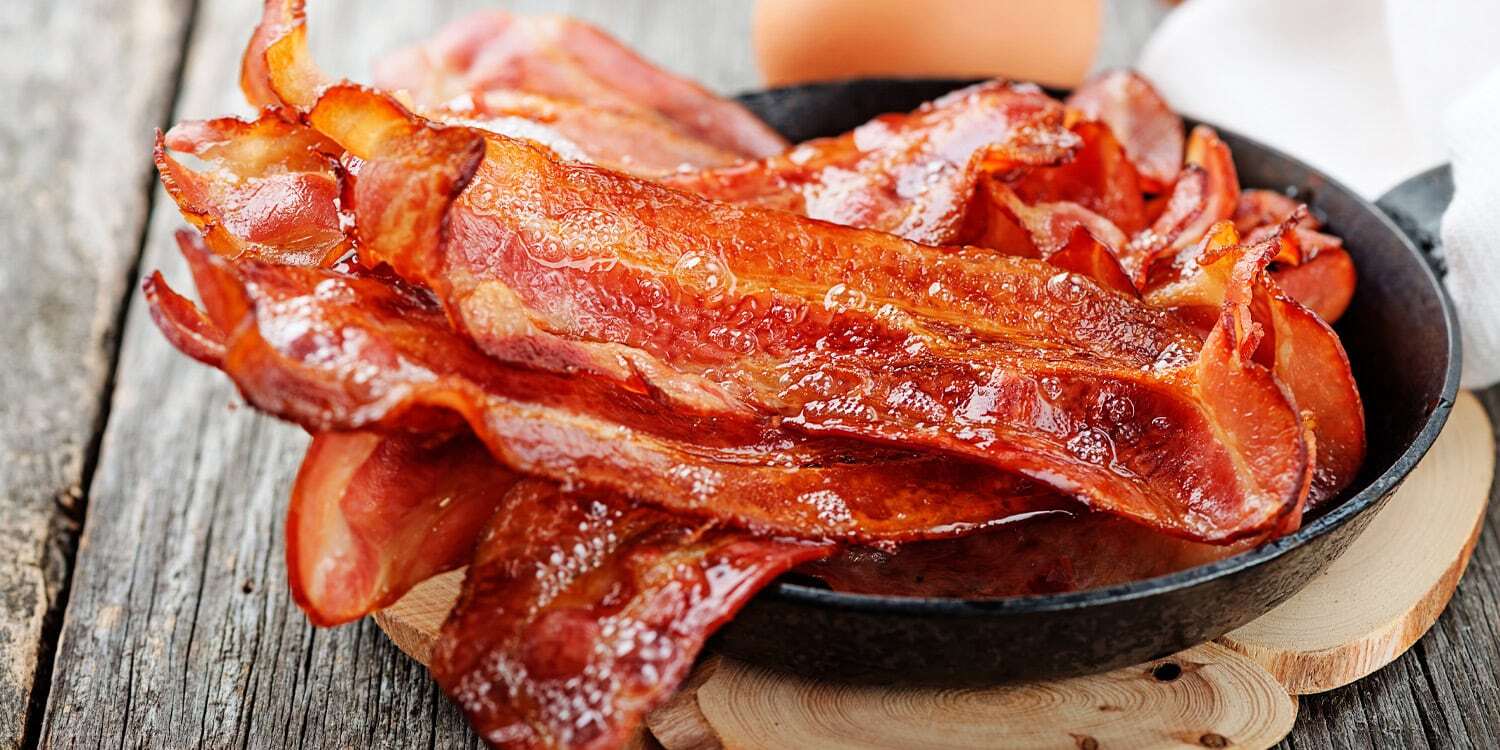N=133,000 over 40 year time period
Observational study so limitations may apply but the findings do hold after adjusting for a large list of factors I will quote here:
educational attainments, family history of dementia, menopausal status with hormone use status, total energy intake, regular antidepressant drug use, history of depression, BMI, moderate-to-vigorous physical activity, neighborhood SES [socioeconomic status], marital status, living arrangement, smoking status, histories of hypertension, diabetes, and hypercholesterolemia and intakes of sugar-sweetened beverages, fruits, vegetables, whole grains, poultry, fish, eggs, nuts and legumes, low-fat dairy products, high-fat dairy products, and alcohol



When people say “whole” they’re referring to virtually any plant food that’s in it’s whole, ideally intact, form. For example in descending order:
Chickpea pasta would be comparable to number two on this list, so not bad. Store bought plant milks are not whole foods because the plant solids have been strained out. If you were to make a plant milk by, say, blending whole soy beans or almonds in water, that would be a whole food.